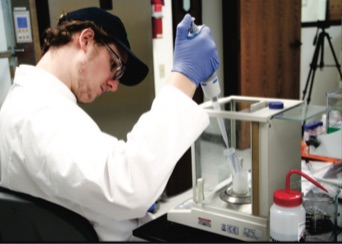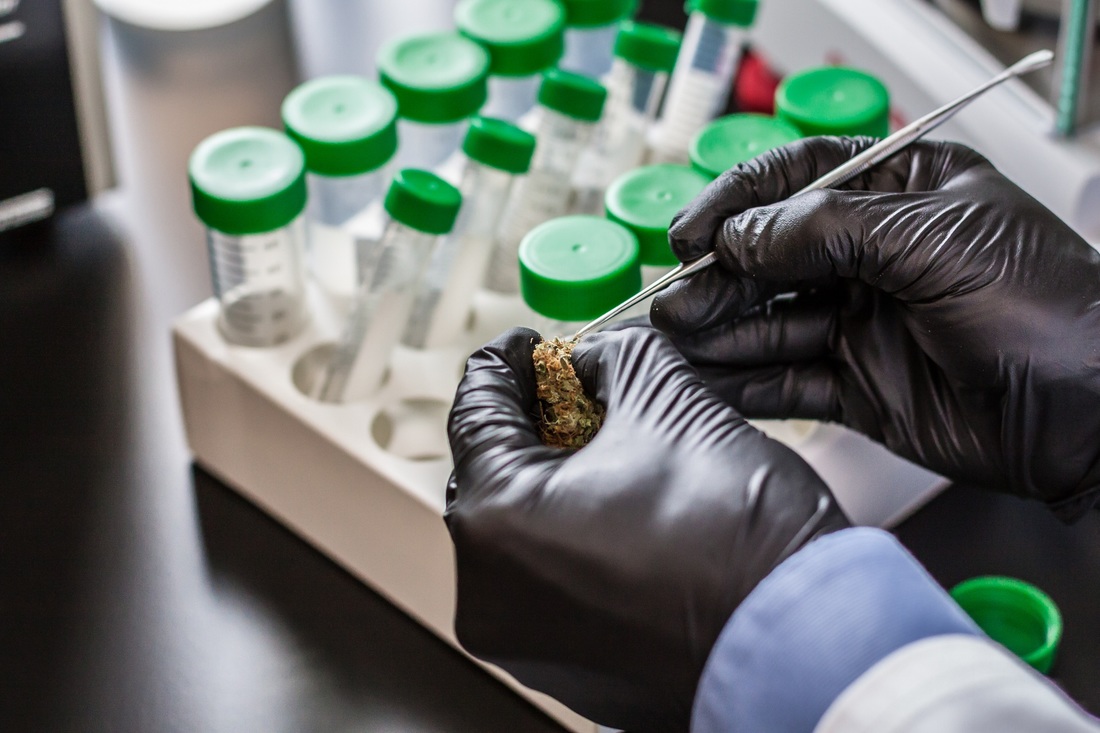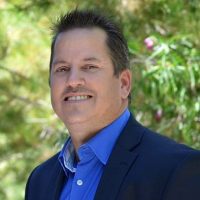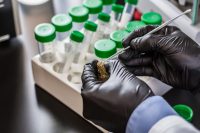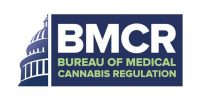Encore Labs is a full-service cannabis testing lab in Pasadena, California, providing all testing needs required by California’s Bureau of Cannabis Control (BCC). The BCC requires that cannabis products being sold in licensed dispensaries be tested for cannabinoid potency, heavy metals, microbial impurities, moisture content and water activity, mycotoxins, residual pesticides, residual solvents and processing chemicals, foreign materials and terpenes. It is Encore Labs’ goal to guarantee the quality and potency of all cannabis products while ensuring regulatory guidelines are met in the state of California.
 Encore Labs provides quick turnaround times on a consistent basis. They take pride in offering excellent customer service without diminishing the quality of the work that they do. Their team of laboratory analysts/technicians are passionate about the industry and will never compromise their integrity just to make an extra buck.
Encore Labs provides quick turnaround times on a consistent basis. They take pride in offering excellent customer service without diminishing the quality of the work that they do. Their team of laboratory analysts/technicians are passionate about the industry and will never compromise their integrity just to make an extra buck.
Co-Founder, Spencer Wong, mentions their personal connection with clients. “Our customers don’t just see us as their testing laboratory, they see Encore Labs as their laboratory partner,” says Wong. “Besides performing analytical testing, we have worked with many customers to help formulate new products and do root cause analysis to pinpoint inefficiencies in their manufacturing operations and cultivation farms.”
 ISO/IEC 17025 Accreditation has been extremely valuable to Encore Labs, especially regarding the new cannabis testing industry. “Our experience with Perry Johnson Laboratory Accreditation, Inc. has been great and has allowed for a very smooth and straightforward initial accreditation process. Their staff has been knowledgeable and responsive every step of the way,” says Wong.
ISO/IEC 17025 Accreditation has been extremely valuable to Encore Labs, especially regarding the new cannabis testing industry. “Our experience with Perry Johnson Laboratory Accreditation, Inc. has been great and has allowed for a very smooth and straightforward initial accreditation process. Their staff has been knowledgeable and responsive every step of the way,” says Wong.
Accreditation establishes that steps are being taken regarding quality and that laboratories are meeting and exceeding the highest testing standards. It also provides further assurance and confidence in data results as well as validated methods, staff training procedures, equipment calibration and successful participation in proficiency testing/interlaboratory comparisons.
Starting out with 1500 square feet of laboratory space, within the last year Encore Labs has doubled its work area. In order to meet the growing demand of the cannabis testing industry, they have added plans to once again double in size by the end of 2019, as well as open a second laboratory by the end of 2020.

